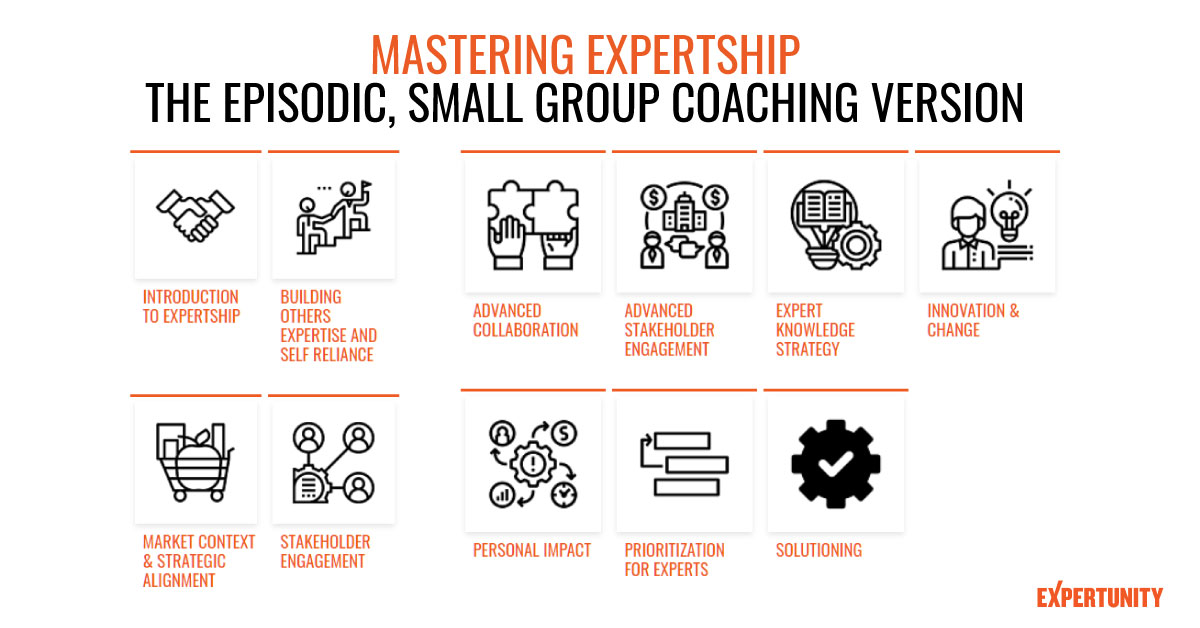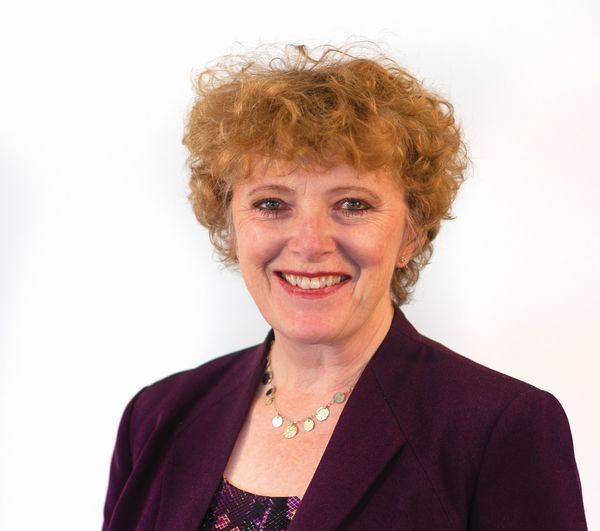Kim Johnson, Head of Organisation Development - Pacific at Aon, has developed a new holistic talent planning approach to to valuing, developing and retaining high-value technical experts.
It requires some outside the box, and inside the box thinking. In her words, here’s how Kim and her team led the redefinition of potential inside Aon Pacific.
When you arrived, you commenced a review of the entire talent strategy?
Four years ago, our talent strategy was in its infancy and the development of future leaders was a key pillar.
Focusing on future leaders resulted in those not aspiring to Leadership roles, being out of sight. More recently, Aon launched a leadership program, to take the next step.
As part of the development of our people strategy (lead by our Director or People and Culture at the time) we went through an extensive consultation process.
We interviewed senior leaders from across our organisation, to really understand their people needs. Once the people strategy had been finalised, the next step was to develop our talent framework which outlined the steps we would take to develop our talent for our business needs.
What were the big insights?
One of the big insights was that our development programs were focused on developing future people leaders and this was highlighted by our Head of IT Mark Smith.
Many areas in Aon rely on specialists and not all want to be the leader of their department. They play a vital role in supporting and delivering to the needs of our clients and come to the table as an expert in their field.
Aon was becoming a more united organisation, globally, regionally and locally. We needed to build capability in our specialists to bring innovative solutions to our clients, quickly and in a world of constant change.

Largely due to the flags raised by Mark Smith, we identified serious gaps in the accepted approach to leadership development.
Even though his group was supporting Asia-Pacific, limited career opportunities were a challenge for his business as organisation structures were changing and not everyone wanted to work overseas.
As a result of the changes valued specialists were leaving which created significant business challenges for IT, let alone the cost to replace them and these became Mark’s greatest concerns. He saw a need to provide development that was specifically relevant to specialists.
Mark partnered with HRL and the Expertship program was developed. The focus of the program was to build capability in our specialists where they could partner with colleagues to develop and deliver innovative solutions to our clients.
You made the bold move to redefining the meaning of potential in your talent process?
We decided to add to our global definition of potential which helped our people leaders understand the difference between potential and high performance.
It meant that people leaders had to have a clear idea of the aspirations of their direct reports in order to assess their potential for the future.
This meant that we could not only focus on identifying future leaders but also identify the potential in our Specialists.
The experience in IT could be applied across Aon and there was demand for a similar capability build in other functions to meet the changing needs of clients and Aon.
So, we spent some time educating the organisation about the opportunity, and got a great deal of interest and demand for the Expertship programs.
We get asked by many clients the “development or
remuneration first?” question. What’s your view?
Obviously, as soon as you start developing enterprise skills so experts can add more value, they’ll ask what’s in it for them. Then comes the debate as to which do you do first.
I certainly don’t think you have to fix career pathways and remuneration both at the same time.
You need to take a pragmatic approach and assess the environment and marketplace, so, if the best opportunity you’ve got at this point in time is to focus on development, then that’s what you do.
Usually the capability build and outcomes achieved will produce better outcomes for the individual.
Initially, experts resisted being nominated for the expertship program. Why was that and how did you handle it?
The reasons typically were: They just didn’t know what was in it for them, or we would often hear “I’m too busy to go”.
Our success in eliminating instances of people not being able or wanting to go, is due to:
-
Redefining potential;
-
Ensuring managers are having career aspiration conversations with their direct reports and having the information necessary to position the nomination appropriately;
-
Nominations are not random. Candidates for the program are identified via our strategic, integrated talent process.
We’ve now put 250 experts through the program and we run three a year in-house across Australia and New Zealand – 60 experts a year typically.
What’s the strategic connection of all this to Aon’s priorities?
The change in perspective and the redefining of potential, are so important because it is helping us future proof our business.
Some of the key skills in the emerging world of work are those related to relationship building, collaboration, influence and learning agility.
With globalisation of audiences, customers and organisations, these skills will be pivotal to the value you bring.
Improving stakeholder engagement is one of the critical customised development areas.
Experts appreciate being strategic here. Enterprise skills will suddenly have relevance and value when you ask them:
-
Who’s not on their network map who should be?
-
Who’s going to get you promoted?
-
Who’s going to be the person choosing the makeup of that really interesting project?
• How will you build a relationship with them?
Proudly, I believe Aon, with our talent framework, has resulted in a holistic approach to developing all of our high potentials.
We have:
-
Equivalence in GM and technical thought leadership
-
Developed capability to respond to our changing environment.




